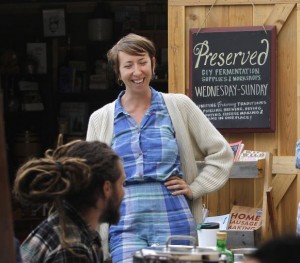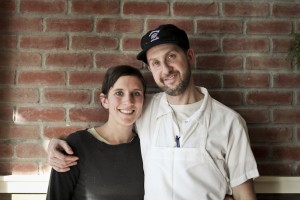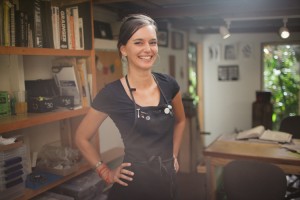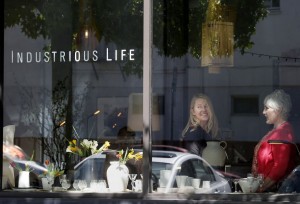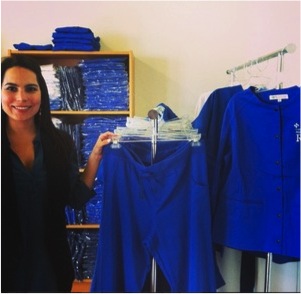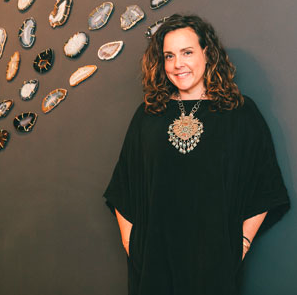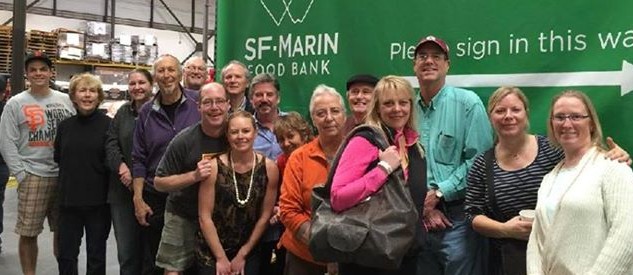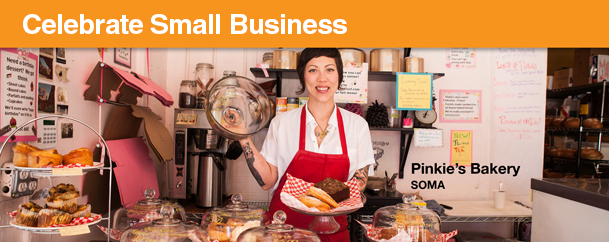How to Handle Business Complexity
A common issue for small business owners is the relationship between business skills or management capacity and the complexity of the business.
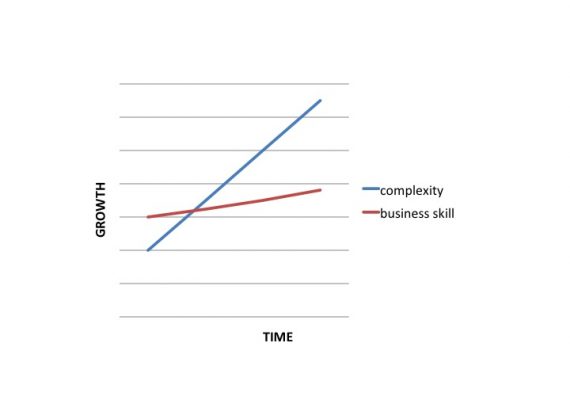
If you start a business slowly, you may be able to handle everything yourself. If you only have one or two products or a limited customer/client base, your systems can be quite simple. But…
- Are you financially sustainable?
- Can you generate enough capital or cash flow to reach break-even?
- Is the business profitable?
To create a self-sufficient business, you may have to scale up or increase your business’ complexity. And as you do so, your business skills and management capacity must keep pace. Getting this balance right is an on-going issue. To grow the small business, things get complicated… perhaps more than you can manage well.
- Is it better to wait until you have all the skills to handle the increased complexity?
- Do you go ahead and grow now and hope that you will develop the skills “on the fly” to be successful and sustainable?
- Should you hire someone with more expertise to help you?
To manage your business’ increasing complexity, it is essential to focus on these six key areas:
1. Pay attention to the your weak links.
Your lack of skills as a small business owner in any key area of your business (management, operations, finances or marketing) can limit your success. There is a good chance you already know your areas of weakness. Cash flow management? Operational systems? Managing others? Take the time to identify a key weakness and make it a strength. (Think about a simple SWOT analysis.)
2. Improve your own business skills now.
Find the help you need NOW before your current knowledge limits your business. This may mean taking a class, reading a book, following relevant blogs, finding a peer mentor, or working with a business adviser or coach. The key is to put aside some regular time (every day, week or month) for your personal education.
3. Bring in others with the skills you need.
Being a small business owner does not mean that you have to know how to do everything yourself or that you have to do it all alone. Often the smartest approach is to hire someone who can do a particular business task better than you. This could be an outside professional or an employee with skills in the specific area of need, such as a bookkeeper to help you manage cash flow, or an employee good at sales. (It may only be a short-term need until your internal systems improve.)
4. Take a leadership role.
You may have started your business because you love making your product. But to create a successful business you may need to hire someone else who can make the product at a cheaper price. This could be an employee that works directly under your supervision, or an outside manufacturer or co-packer. (See these six tips when planning to hire employees and step into a leadership position.)
5. Put good systems in place.
It is challenging to take on larger projects, additional clients or more employees if you don’t have clear (and documented) systems. It is hard to hire someone else to help you if you need to take a lot of time to show them how to do the work because it is all in your head instead of written down. Without good systems, it is also harder to take a break!
6. Don’t stop planning.
Growing a business can sometimes feel like a set of spiral movements around and around—seemingly sending you one place and then another. Yet your business challenges and your careful responses to those challenges can create a great foundation for growth. A solid business plan can also help you predict and prepare for the complexities ahead. Remember, planning isn’t a one-time thing. It helps you to take the pulse of your business—over and over again. So, take the time to identify your weaknesses, challenges and opportunities and create a plan to take your business to the next level.
At Paul Terry & Associates, we work with many small businesses that are confronting the tension between management capacity and business complexity. Some clients are eager to grow their businesses but feel stuck, unsure how to reach the next level or increase sales given current skills or resources. Some clients are struggling to keep up with the demand for their products/services. Using an action planning approach, we work with small business owners to assess the current situation and create a road map to reach their goals. Our goal is to help clients prepare for the road ahead, manage the increasing complexities, and build businesses that are profitable and sustainable for the long term.


